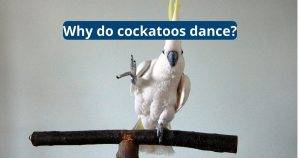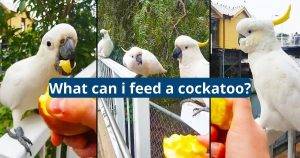Caring For an African Grey Baby
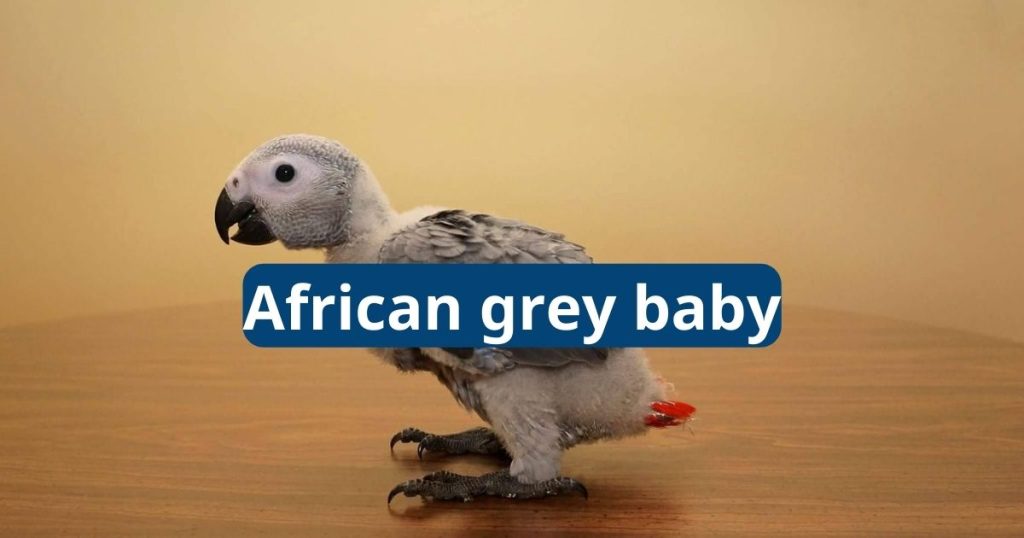
Baby African Greys need a lot of attention and care. They require a high-quality diet and plenty of sunlight. They also need a variety of toys to keep them interested and entertained. Make sure to clean their cage regularly and ensure they get enough vitamin D. While many parrots can talk, the African grey is famous for its cognitive communication skills and vast vocabulary. Pepperberg used positive behavioral reinforcement to train Alex to identify objects, colors, and shapes.
They are a social bird
African greys are very intelligent parrots and need a lot of interaction with their owners. They also need a large enclosure and plenty of toys to play with. It is important to keep the bird’s diet balanced, and you will need to cut up vegetables and fruit for them daily. They also enjoy a variety of treats, including whole nuts and seeds.
In their natural habitat, African greys live in groups. They show altruistic behavior, such as grooming their fellow birds and regurgitating food to feed them. These traits make them ideal companions. They can be shy and cautious with new people, but they can bond strongly with their owners.
These birds are very perceptive, and they can be tripped up by emotions like fear or stress. It is important to earn their trust through patience, and not push them into interactions that may cause them to bite. This is particularly important if the bird has been bitten in the past.
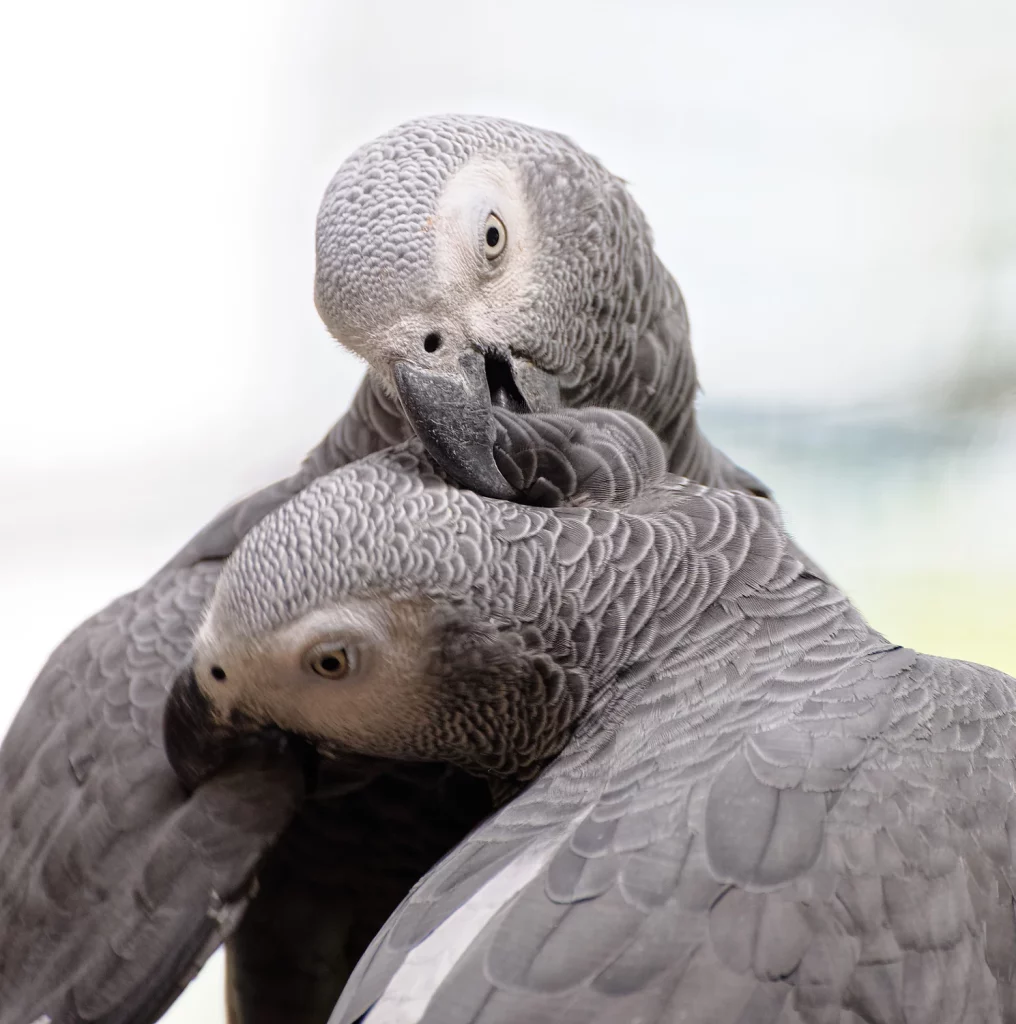
They are intelligent
These social birds are very intelligent and can learn a variety of tricks. They are able to mimic sounds, build logical sentences, and recognize colors, shapes, and materials. They also have an understanding of numbers and can count objects. They can even solve puzzle games.
Their intelligence is comparable to a five-year-old child. They can identify a wide range of sounds, including human voices. They can also imitate household noises and speak foreign languages. They have a higher level of cognitive ability than other parrots.
They love attention and can become extremely stressed if left alone for extended periods of time. This leads to feather picking, self-mutilation and shrieking. It is important to understand these animals before you decide to adopt them as pets. They require intellectual stimulation, which means they need hours of training and play each day. They also have a lifespan of 60 years, so they are a lifetime commitment. To be a happy and healthy pet, these birds need proper care and nutrition.

They are easy to care for
African grey parrots can be easily cared for if you spend time with them and give them lots of mental stimulation. They require an adequate living space, and you should provide them with interesting toys and foraging exercises. They can also be bathed daily to keep their skin and feathers healthy.
These intelligent birds can mimic human speech and, with training, understand hundreds of words and phrases. They can also learn new behaviors and tricks. This is why these pets are popular in the pet trade. However, it’s important to consider whether you’re ready for a lifelong commitment before purchasing an African grey.
In their natural habitat, African grey parrots feed on a variety of fruits, vegetables, and nuts. They should not be given a seed-based diet, as it allows them to select the seeds they prefer and can lead to nutritional imbalances. You should offer them a mixture of pellets and fresh foods, and remove any uneaten food by the end of each day.
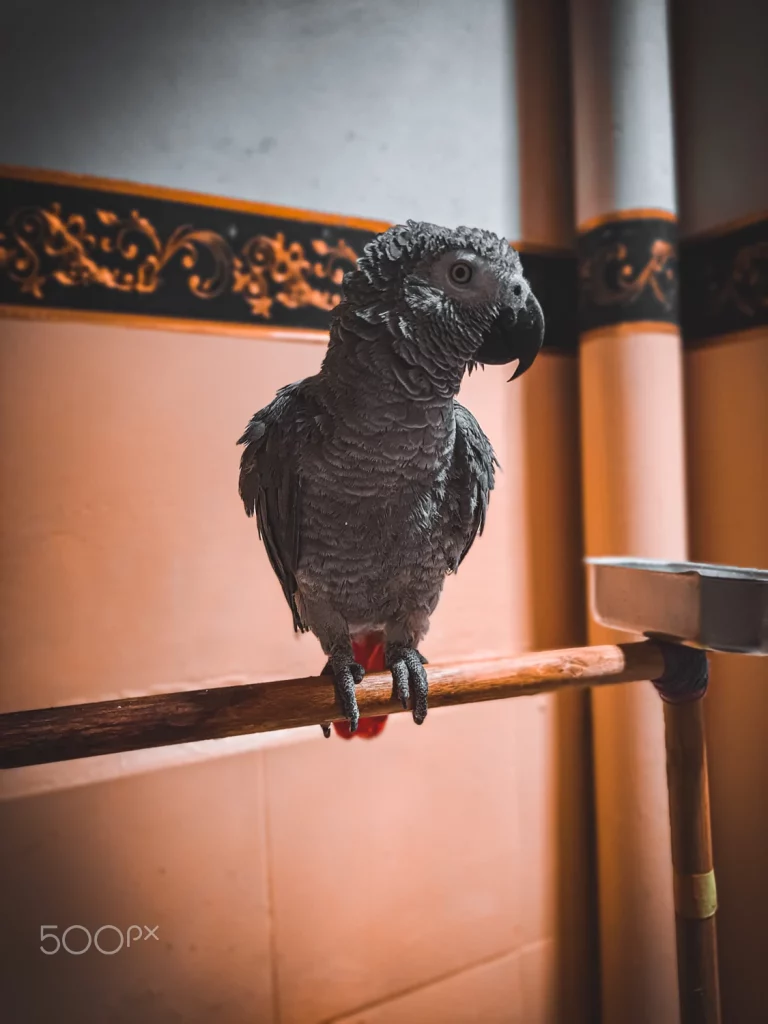
They are low maintenance
African greys require plenty of mental stimulation and socialization to keep them happy. They also need a variety of different sized perches to help them exercise and stretch their feet. Insufficient attention and lack of mental stimulation can lead to neurotic and self destructive behaviors such as feather picking, gnawing, and avian boredom.
This bird is not a “cuddle bug,” but can tolerate light head scratches and petting, and doesn’t mind being played with by children. However, they may get overwhelmed by too much commotion or noise in their home. This can result in stress, feather plucking, gnawing, and reversing progress made during training sessions.
To avoid these problems, provide a large cage and lots of toys for your African grey, including puzzle toys that challenge their intellect. You should also feed them a diet that is 70% pellets and 30% fruits and vegetables. This will keep them healthy and prevent overfeeding, which can cause weight issues.



